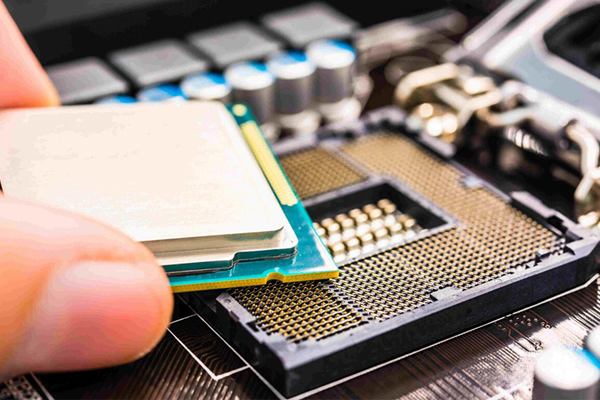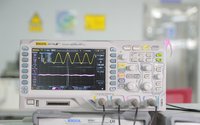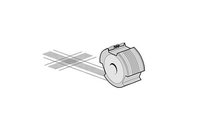Chip testing typically covers the following aspects
Date:2024-07-10 14:00:00 Views:1507
Chip testing is a series of testing steps carried out during the manufacturing process of integrated circuits (chips), aimed at ensuring that the quality, functionality, and performance of the chip meet the design specifications. Chip testing typically covers the following aspects:

Functional testing: Verify whether the chip is working properly according to the design specifications. This includes testing the logic function of the chip, correctness of input and output ports, timing performance, etc.
Electrical characteristic testing: Measure the electrical characteristics of the chip, such as voltage, current, power consumption, etc., to ensure normal operation under various working conditions.
Timing test: Test the timing relationship between various components inside the chip to ensure that data is transmitted in the correct time and sequence.
Simulation characteristic testing: Testing the analog circuit of the chip, including evaluating the performance of analog circuits such as amplifiers and filters.
Temperature characteristic testing: Test the performance of the chip under different temperature conditions to evaluate its stability at various temperatures.
Reliability testing: Conduct long-term life testing, temperature cycling testing, etc. to evaluate the reliability and stability of the chip during long-term use.
Power consumption testing: Evaluate the power consumption characteristics of the chip to ensure that it can meet power consumption requirements during use.
Radiation testing: Testing the radiation anti-interference ability of the chip to ensure its stability in electromagnetic environments.
Chip testing is a crucial step in ensuring chip quality and performance. Through these tests, unqualified chips can be effectively screened, improving product reliability and stability.




 Weixin Service
Weixin Service

 DouYin
DouYin
 KuaiShou
KuaiShou





















